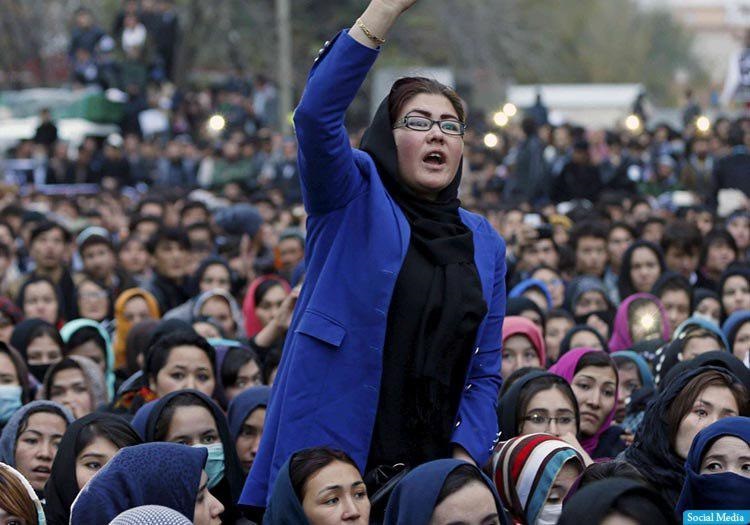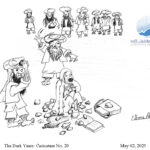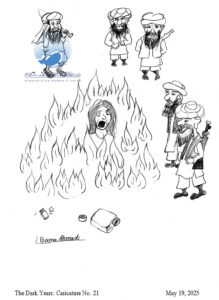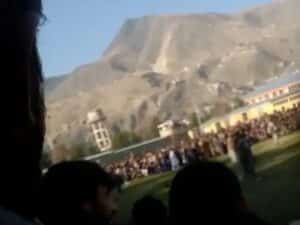By Farzana Panahi, Translated by Shekib Jaghori
Feminism in Afghanistan has always faced strong resistance and distorted interpretations. This concept is either reduced to something meaningless or reframed in a way that ultimately serves the same patriarchal structures it seeks to challenge. This situation is not only a result of a lack of awareness but also the outcome of systematic resistance to fundamental change—a change that, if truly understood and embraced, would dismantle the foundations of historical dominance.
As a result, feminism in Afghanistan is often either portrayed as an attack on traditions and values, exploited for personal and political gain, or reduced to a neutralized form that fails to truly challenge structural inequality. This not only makes the fight for gender equality more difficult but also turns feminism from a movement for liberation into a subject of controversy and misinterpretation.
Three main groups can be identified, each distorting feminism in its own way, but all contributing to the same outcome—robbing it of its true essence.
The first group, composed mainly of religious fundamentalists and traditional conservatives, sees feminism not as a movement for justice but as a Western conspiracy against religious values, family, and social order. Seeing their power and privileges at risk, they intentionally try to associate feminism with misandry, moral corruption, and immorality.
They use religious teachings to claim that gender roles are divinely ordained and unchangeable. In their eyes, women are not independent and equal individuals but dependent beings whose existence is defined by obedience to men. Their resistance to feminism is not about protecting religion but about preserving a system of power that has exercised control over women’s bodies, freedoms, and lives for centuries.
The second group, who call themselves feminists, have a superficial and contradictory understanding of feminism. Instead of challenging patriarchy, they reinforce it in a new and misleading way. They want to maintain the traditional privileges granted to women in a male-dominated society—such as dowries, financial support from men, and customary gifts—while at the same time demanding equal rights and personal freedoms.

This contradiction does not promote feminism but turns it into a bargaining tool within the same patriarchal system. This approach is not about true equality but an attempt to extract the maximum benefits from both tradition and modernity. However, feminism is not about gaining special privileges; it is about eliminating all forms of unjust privileges. This kind of selective feminism does not liberate women but merely preserves old inequalities under a different name.
The third group claims to support equality but holds on to traditional beliefs. They promote a version of women’s rights that is conditional: women are allowed to study, work, and participate in society only if they continue to adhere to traditional roles. In their view, a woman can work but is still fully responsible for the home and children. She can get an education, but important life decisions are still made by her father, brother, or husband. This isn’t really freedom or feminism—it’s just a more subtle way of keeping women under control while giving them the appearance of independence.
What is real feminism?
Feminism is not a war against men. It is not a demand for special privileges for women, nor is it a censored and harmless version that patriarchy can tolerate. Feminism is a radical struggle—one that does not aim for minor reforms in an unequal system but seeks to fundamentally alter power relations.
Feminism means rejecting all forms of gender-based dominance; it means unconditional equality in all aspects of life. It means recognizing women as complete human beings, not as dependent entities whose existence is defined within the confines of tradition and religion. Until this truth is fully understood, feminism in Afghanistan will continue to be attacked, distorted, or reduced to a conditional privilege that does little to change the status quo. But feminism cannot be confined to the existing framework. It exists to challenge the old order and tear down the walls of oppression. And as long as it does not fulfil this task, it risks becoming nothing more than a name—misunderstood, powerless, or distorted.









